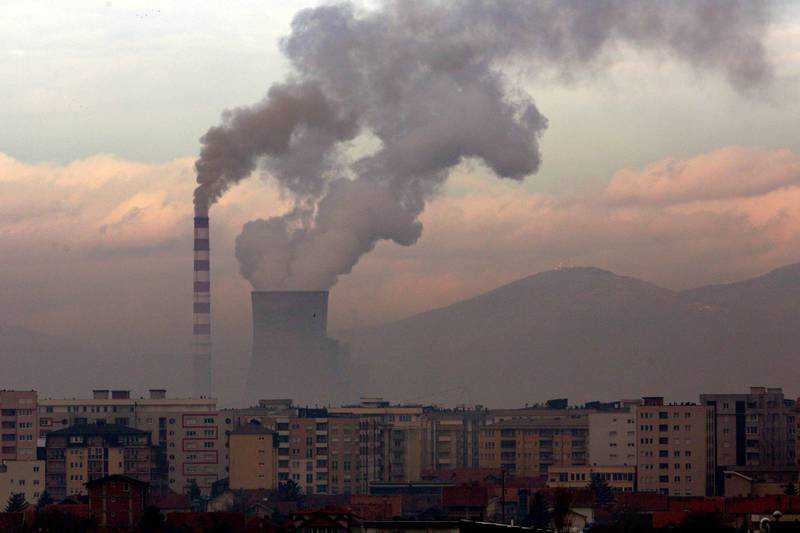Non-hydro renewables to form 72% of global power capacity growth by 2030, Fitch says
29 August, 2021

Non-hydropower-based renewables – which refers largely to wind and solar power – will account for 72 per cent of global capacity growth between 2020 and 2030, amid efforts to rapidly decarbonise the global power systems, according to Fitch Solutions.
“There will be a gradual and continued decline in support for thermal power projects amid a rise in renewable generation, with coal and natural gas both facing mounting challenges owing to emissions scrutiny and investment security,” the agency, which offers credit market data, analytical tools and risk services, said in a report.
The share of non-hydropower renewables will reach 22 per cent in 2030 from 12 per cent this year. Coal, which dominates power generation, will see a steep decline, falling to 29 per cent by 2030, from 35 per cent in 2021.
Environmentally polluting coal is facing severe backlash, as countries around the world aim to accelerate their efforts towards energy transition as the world races to meet the Paris Agreement targets.
The Paris Agreement requires signatory countries to help cap the rise in global temperatures at 1.5°C or 2°C above pre-industrial levels, putting them on a path towards reaching carbon neutrality by the middle of the century.
Countries around the world have been looking to curb emissions after the movement restrictions imposed to curb the Covid-19 pandemic led to a dramatic decline in greenhouse gases released into the atmosphere.
Fitch expects gas, seen as a transitional fuel among oil-exporting countries of the Middle East, to also decline, with its share shrinking to 23.5 per cent over the decade.
“The role for natural gas as a transition fuel is being increasingly called into question as the green policy landscape shifts and attention is given to life cycle emissions along the value chain,” Fitch Solutions said.
However, gas will continue to see growth in regions with substantial reserves and ongoing investments in the sector, such as the Middle East, Africa and Latin America.
“Gas will struggle to gain ground in Asia where we expect coal will remain dominant. As markets become more interconnected, grids become smarter and more flexible, and battery storage options become cheaper and more widely available, the need for gas to complement renewables will dwindle,” the report said.
Coal has come under increasing scrutiny, with several lenders, including multilateral banks, urged to phase out financing for the sector.
Source: www.thenationalnews.com
